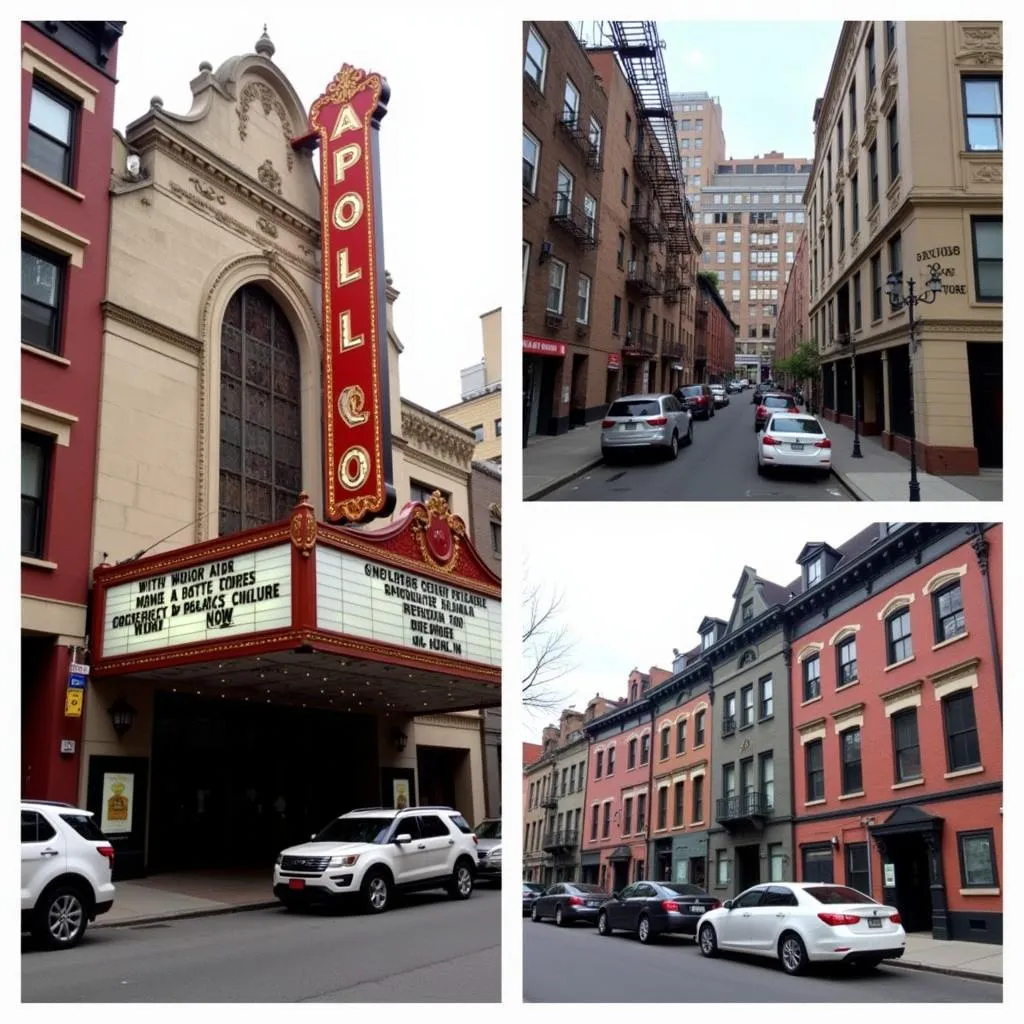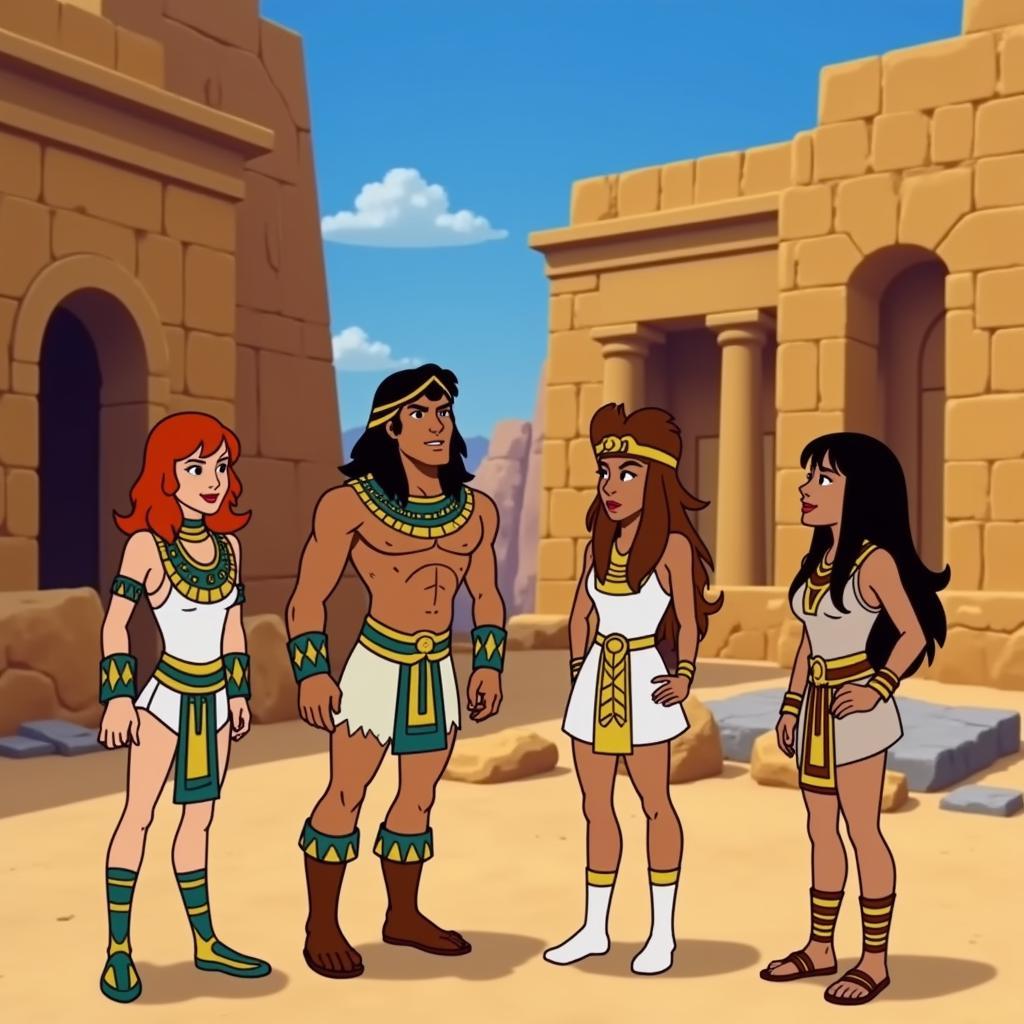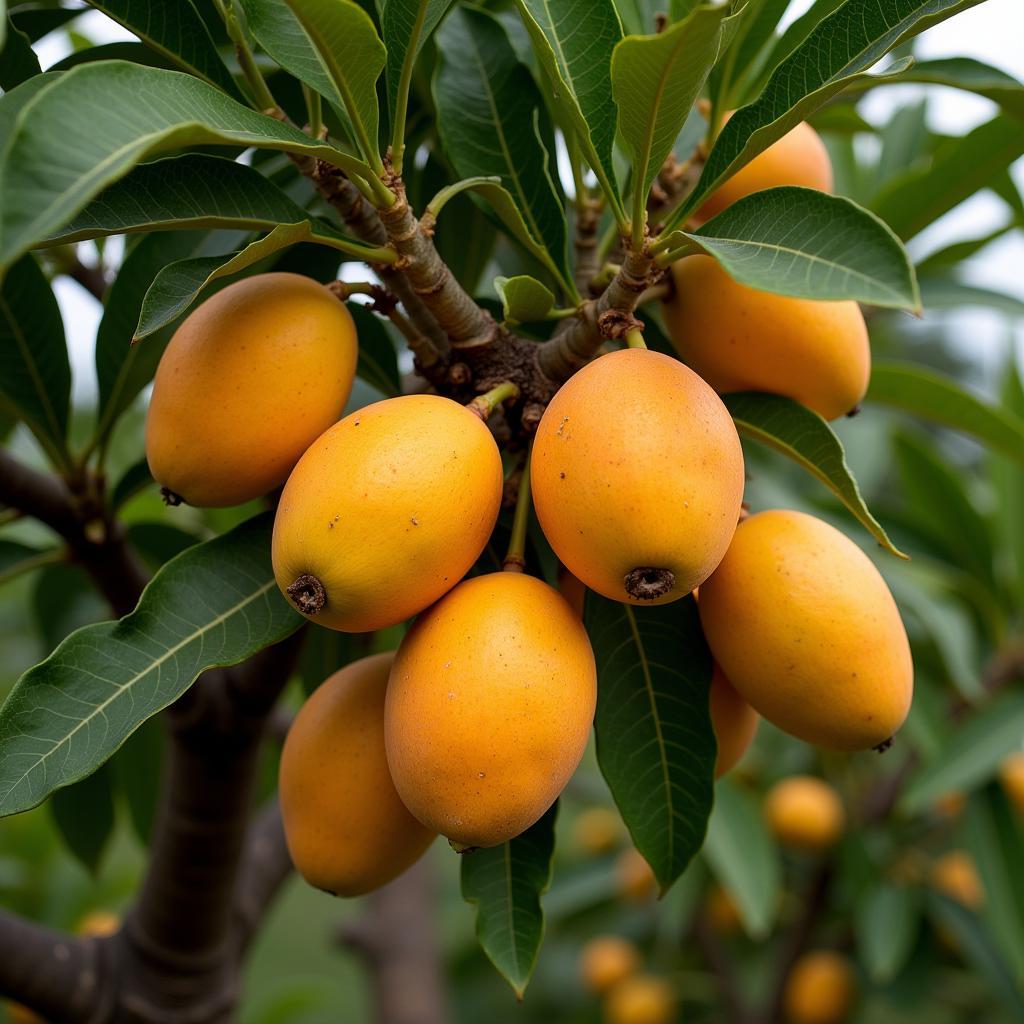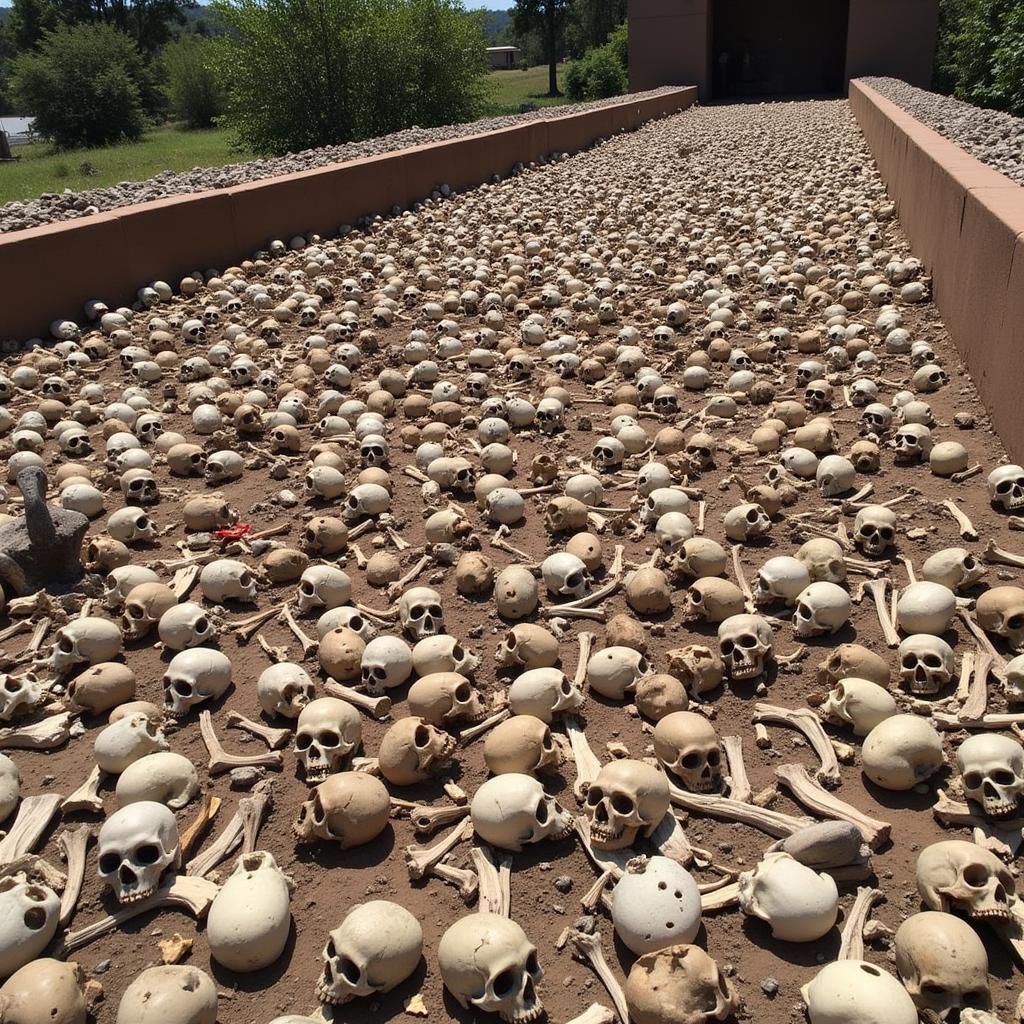African Country Applies to Join EU 1987: Morocco’s Bold Bid
In 1987, an African country made a surprising move: it applied to join the European Economic Community (EEC), the precursor to the European Union. This bold move came from Morocco, a nation geographically separated from Europe by the Strait of Gibraltar, yet deeply intertwined with the continent through history, culture, and trade. This article delves into the details of Morocco’s 1987 application to join the EEC, exploring the motivations behind the bid, the reactions it elicited, and the ultimate outcome.
The Motivations Behind Morocco’s EEC Application
Morocco’s application to the EEC in 1987 wasn’t a spontaneous decision. Several factors converged to push King Hassan II to make this historic move. Economically, Morocco sought closer ties with Europe to boost its struggling economy, hoping to attract foreign investment and access European markets. Politically, aligning with Europe offered a potential counterbalance against regional instability and rising Islamist movements. Furthermore, Morocco already had existing trade agreements with the EEC, and saw full membership as the natural progression of this relationship. The application was a calculated gamble, a bid to elevate Morocco’s status on the global stage and secure its future.
The application hinged on the argument that Morocco, despite its geographical location, was intrinsically linked to Europe. Historically, Morocco had been a crossroads of cultures, influenced by various European powers. Culturally, the country boasts a unique blend of Arab, Berber, and European influences, evident in its architecture, art, and cuisine. This intricate tapestry of shared history and culture formed the basis of Morocco’s claim to European affiliation.
The EEC’s Reaction and the Rejection of Morocco’s Bid
The EEC’s response to Morocco’s application was swift and decisive: rejection. The primary reason cited was geographical. The EEC’s founding treaties stipulated that membership was restricted to European states. Morocco, being situated in Africa, simply didn’t fit the geographical criteria. While some members acknowledged the close ties between Morocco and Europe, the legal framework provided no leeway. The rejection was a significant setback for Morocco, casting doubt on its European aspirations.
Beyond the geographical issue, political and economic concerns also played a role in the EEC’s decision. Some members worried about the potential implications of admitting a non-European country, fearing it could set a precedent for other nations. Others expressed concerns about Morocco’s human rights record and the potential economic strain of integrating a developing country. The rejection highlighted the complex interplay of geographical, political, and economic factors that shaped the EEC’s membership policy.
The Aftermath and Long-Term Implications of the 1987 Application
Despite the rejection, Morocco’s 1987 application was not in vain. It sparked a dialogue about the relationship between Europe and its southern neighbors, leading to the development of new frameworks for cooperation. The rejection spurred Morocco to pursue alternative avenues for economic and political integration with Europe. Over the years, the two sides have forged strong partnerships in areas such as trade, security, and migration. The 1987 application, though unsuccessful, inadvertently paved the way for a more nuanced and multifaceted relationship.
Why did Morocco apply to join the EU in 1987?
Morocco applied to join the then-EEC primarily for economic reasons, seeking access to European markets and investment. Political motivations, such as seeking stability and a counterbalance to regional threats, also played a role.
Was Morocco’s application successful?
No, Morocco’s application was rejected due to its geographical location outside of Europe, which was a key criterion for EEC membership at the time.
What happened after Morocco’s application was rejected?
While rejected, the application initiated a deeper dialogue between Morocco and Europe, eventually leading to strengthened partnerships in trade, security, and migration. It laid the groundwork for the special relationship they share today.
Conclusion: A Lasting Legacy
Morocco’s audacious bid to join the EEC in 1987, though ultimately unsuccessful, marked a significant moment in the relationship between Africa and Europe. While the geographical barrier proved insurmountable at the time, the application triggered a reassessment of the existing frameworks and paved the way for a more dynamic and comprehensive partnership. The legacy of the 1987 application continues to shape the relationship between Morocco and the EU, serving as a reminder of the enduring connections between the two regions. The “African Country Applies To Join Eu 1987” story is a pivotal chapter in the ongoing narrative of cross-continental relations.
FAQ
- What was the EEC? The European Economic Community (EEC) was a precursor to the European Union.
- Who was King Hassan II? He was the King of Morocco from 1961 to 1999 and the one who submitted the application.
- What is the Strait of Gibraltar? It’s the narrow waterway separating Morocco from Spain.
- What are some current agreements between Morocco and the EU? They have agreements on trade, agriculture, and fisheries.
- Does Morocco still want to join the EU? Morocco has not reapplied for full membership since the 1987 rejection, focusing instead on strengthening its existing partnership with the EU.
- What were the main reasons for the EEC’s rejection of Morocco’s application? The primary reason was Morocco’s geographical location outside of Europe. Political and economic concerns also contributed to the decision.
- How did Morocco’s application affect its relationship with Europe? The application, despite being rejected, ultimately led to a stronger and more multifaceted partnership between Morocco and the EU.
Need assistance? Contact us 24/7 at Phone Number: +255768904061, Email: kaka.mag@gmail.com or visit us at Mbarali DC Mawindi, Kangaga, Tanzania. Our customer service team is ready to help.



